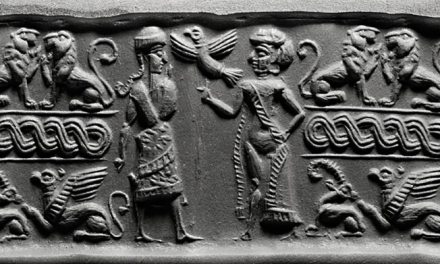
Josephine de Beauharnais: The Woman Who Tamed Napoleon and Shaped French Culture

December 6th holds significant meaning in the life of Josephine de Beauharnais as it marks the date of her death in 1814. This day serves as a moment of reflection on her life and legacy as one of France’s most iconic historical figures. While her influence was most prominent during her lifetime as Empress of France and consort to Napoleon Bonaparte, her death anniversary offers an opportunity to honor her contributions to French culture, politics, and the reshaping of societal norms.
Josephine de Beauharnais (1763–1814) rose from humble beginnings to become the Empress of France and one of history’s most captivating figures. Known for her charm, intelligence, and social dominance, Josephine wielded influence not through conventional power but through her ability to navigate the tumultuous tides of Revolutionary and Napoleonic France with grace and strategic brilliance. Her life was a masterclass in personal reinvention and control over her destiny.
A Survivor’s Ascent
Born Marie Josèphe Rose Tascher de La Pagerie on the French Caribbean island of Martinique, Josephine experienced early challenges, including the precarious social standing of her family. She married Alexandre de Beauharnais, a French nobleman, but their union was tumultuous, ending in separation. During the French Revolution, Alexandre was executed during the Reign of Terror, and Josephine narrowly escaped the guillotine herself.
Emerging from prison with a determination to rebuild her life, Josephine positioned herself in the social circles of post-Revolutionary France. Her resilience and adaptability allowed her to thrive, gaining a reputation as a captivating hostess and companion to powerful men.
Domination Through Charm
Josephine’s dominance lay in her unparalleled ability to influence those around her. Her beauty, poise, and charm made her a magnetic figure in Parisian society. It was her meeting with the ambitious young general Napoleon Bonaparte that would cement her place in history. Despite being six years older than Napoleon, she captivated him, and they married in 1796.
Napoleon, deeply enamored with Josephine, credited her with providing the sophistication and social connections he lacked. As he ascended to power, Josephine became his confidante and political asset, using her influence to smooth alliances and navigate the intricacies of French society. Her ability to control the affections of one of history’s most dominant figures underscores her own quiet but formidable power.
The First Empress
When Napoleon crowned himself Emperor of France in 1804, Josephine was at his side as Empress. Her reign was characterized by her role as a mediator and symbol of elegance. She transformed the court into a beacon of sophistication, dominating the cultural and social aspects of the empire. Her love of art, fashion, and horticulture left a lasting mark on French culture, and her famous rose garden at Malmaison became a testament to her refined tastes.
However, Josephine’s inability to produce an heir strained her marriage. Napoleon eventually divorced her in 1810 to marry Marie Louise of Austria. Yet even after their separation, Josephine remained a cherished figure in Napoleon’s life. He famously said on his deathbed, “France, the army, the head of the army, Josephine.”
A Legacy of Quiet Power
Josephine de Beauharnais’s story is not one of overt authority but of dominance through influence, charm, and resilience. She survived political upheaval, shaped the culture of Napoleonic France, and maintained her position as a beloved figure even after her fall from power.
Her legacy endures as a woman who mastered the art of influence, bending even the most powerful men to her will with her intelligence and grace. Josephine’s life proves that dominance comes in many forms, and her ability to command loyalty and love in the most volatile of times makes her one of history’s most fascinating and enduring figures.

















































Latest Comments